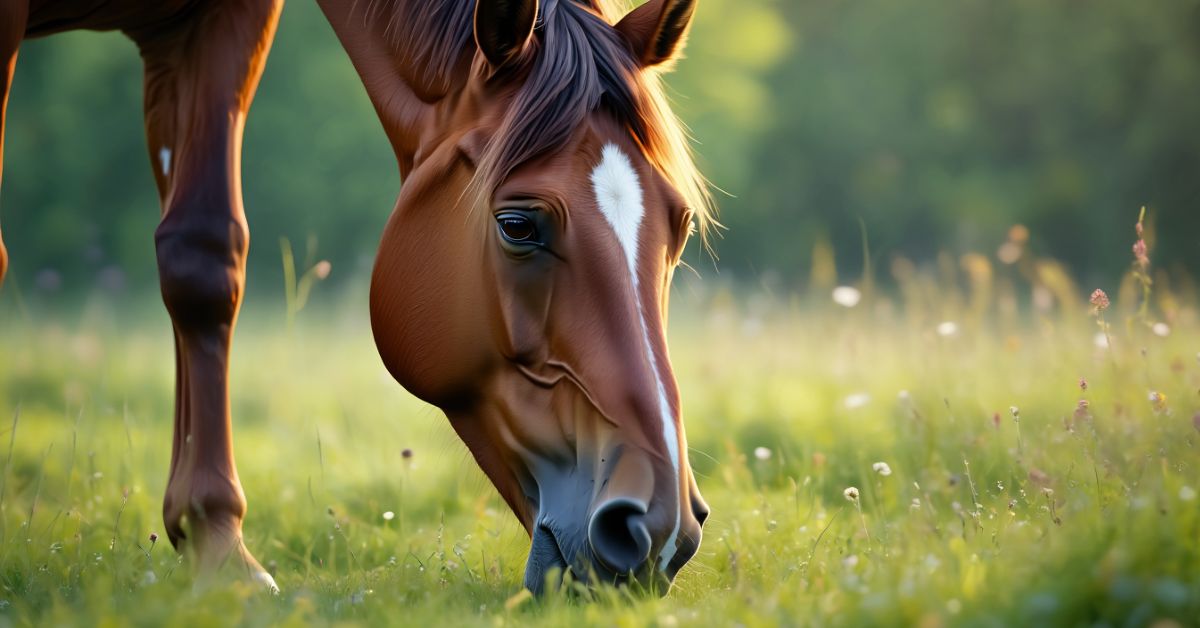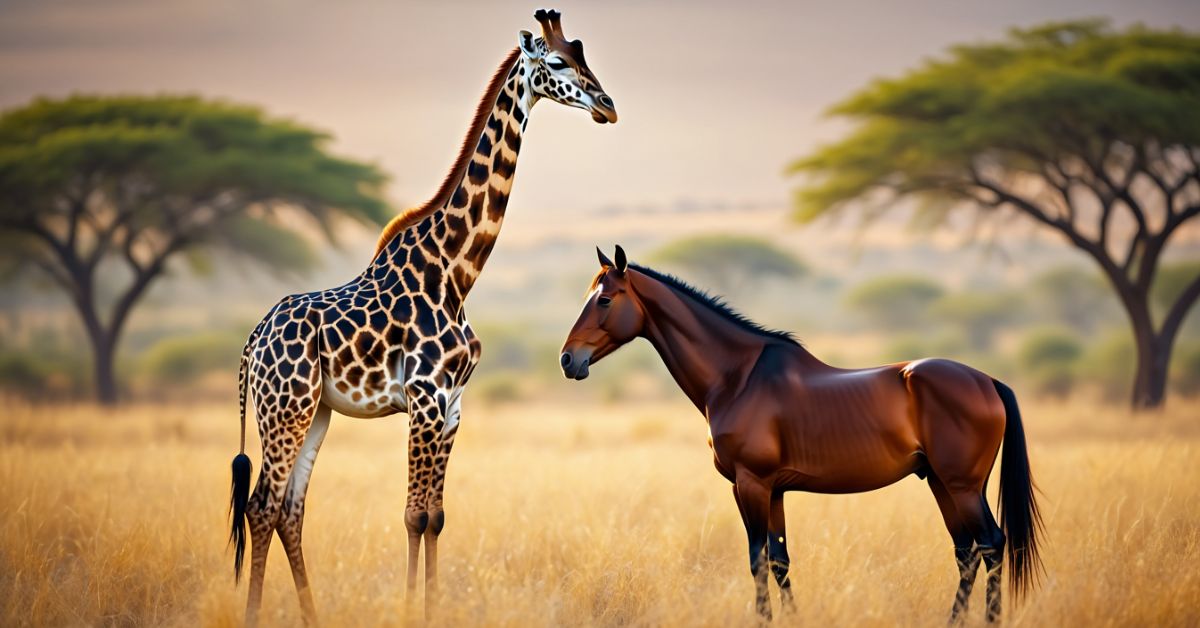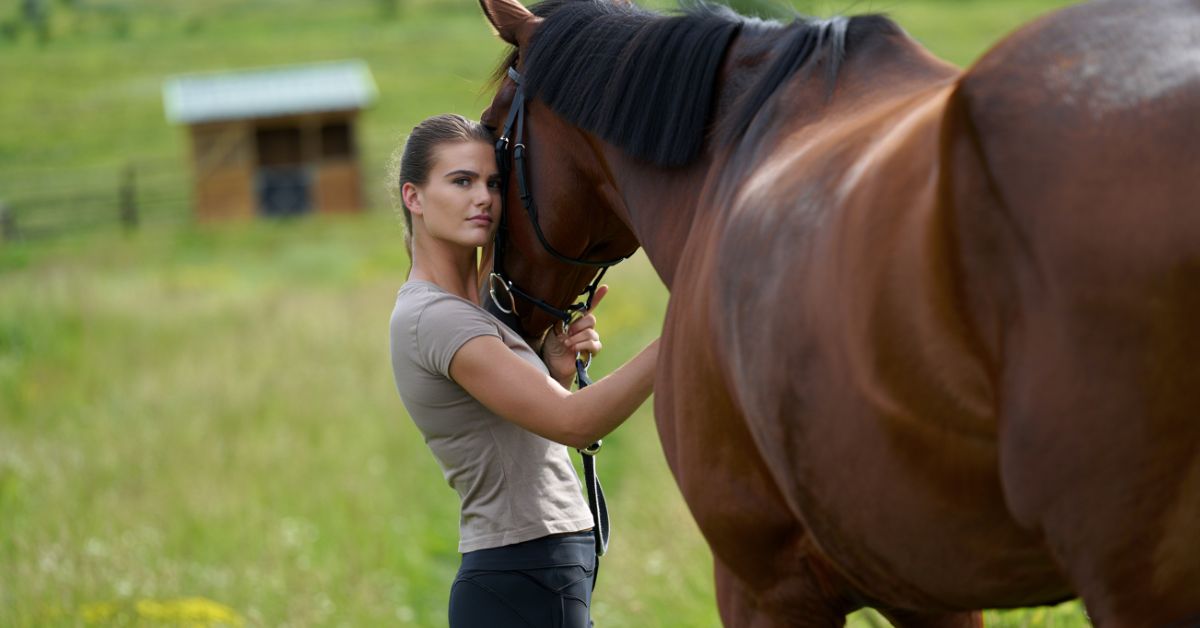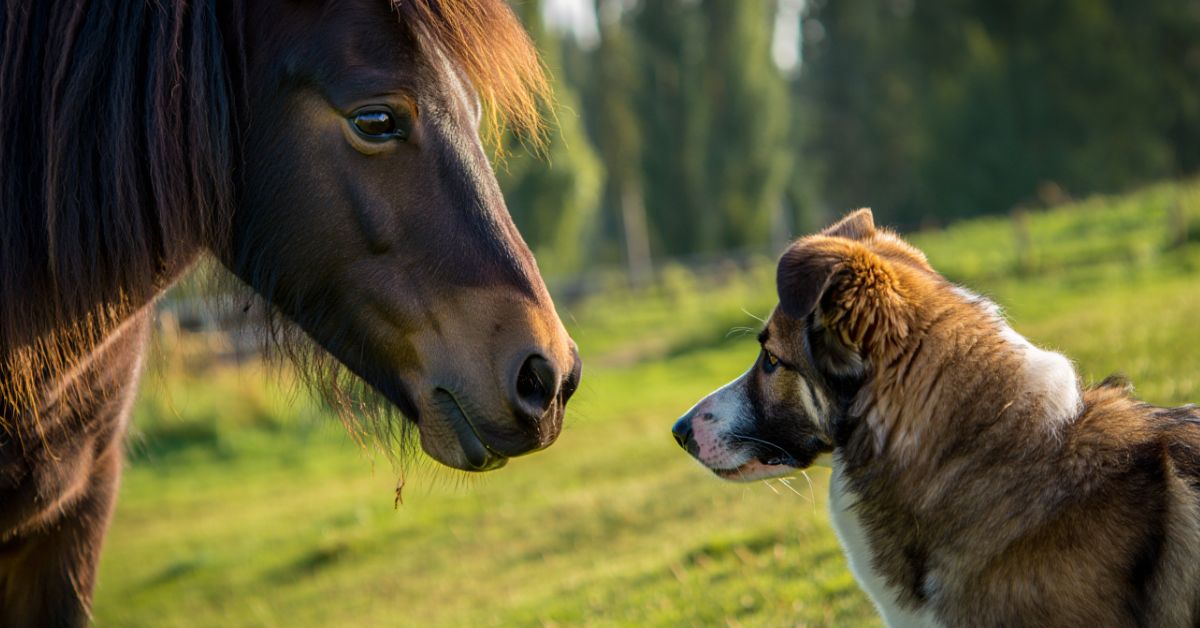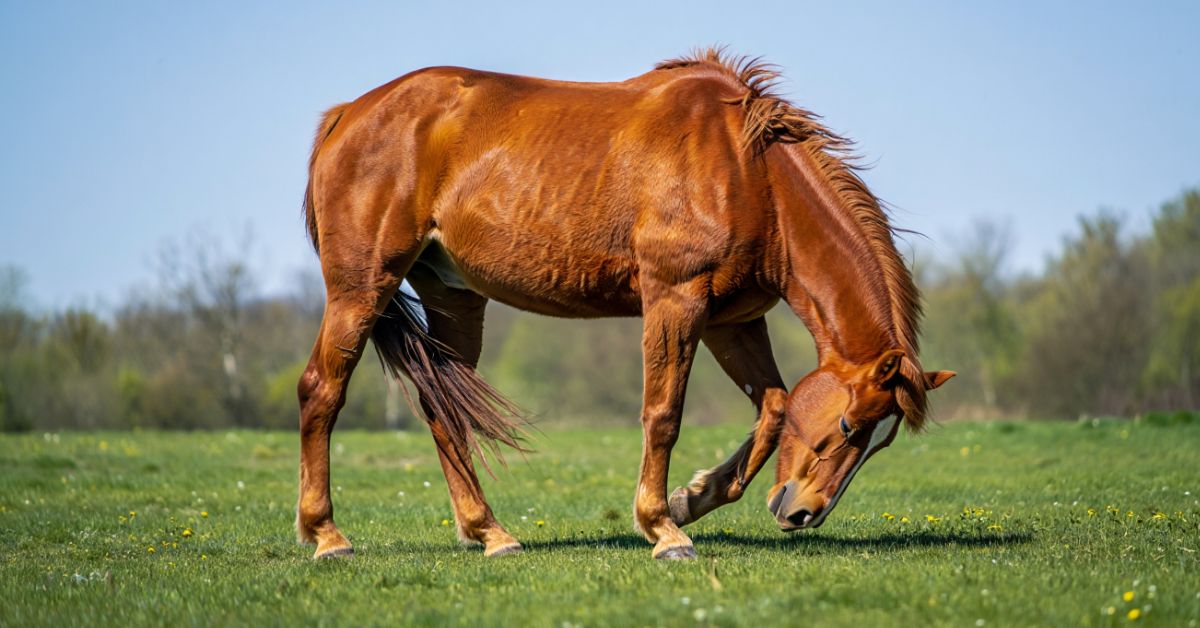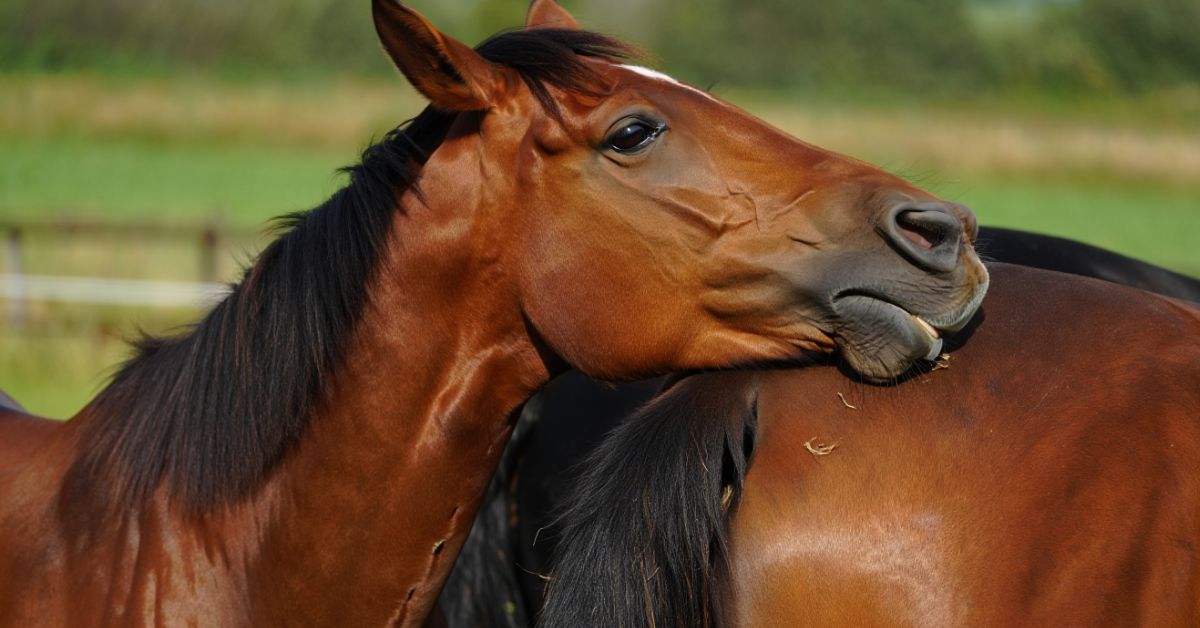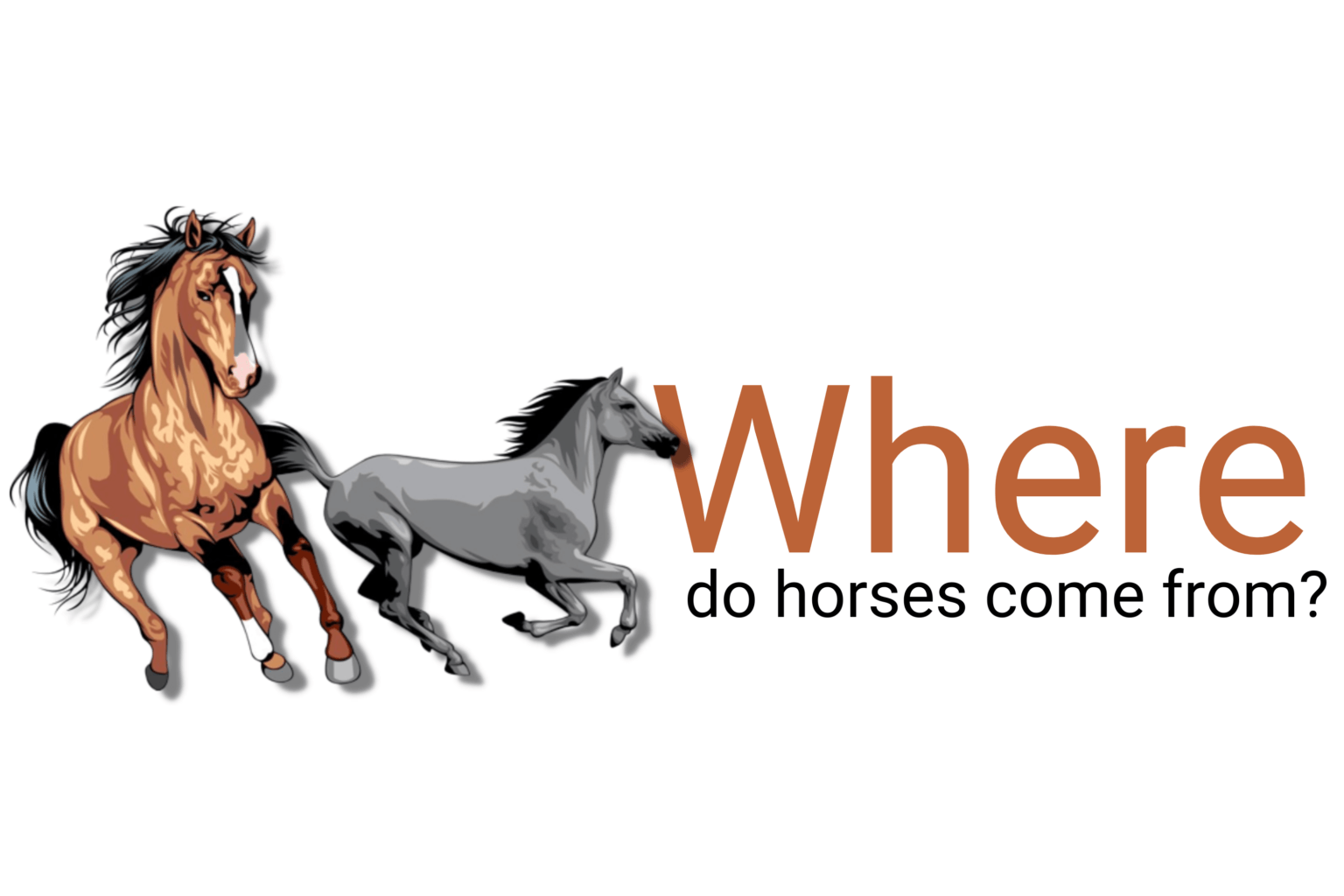
Where did horses originate from?
Horses have played a significant role in human civilization for many years, serving as both a mode of transportation and a source of companionship. Horses are abundant and appear to have always been with us. They may be found in considerable numbers on practically every continent. This wasn’t always the case; for a long time, the history of horses and the circumstances surrounding their domestication were shrouded in mystery. It’s simple to overlook how dependent we are on the domestication of this lowly animal because horses have gradually been used for other purposes since the invention and broad adoption of mechanization, including pleasure riding and sports.
Before the invention of the steam train, followed relatively closely by automobiles, horses were the only way to travel long distances at a fairly high speed. They were an essential part of war and hunting too, and the story of the domestication of the horse is closely tied with the evolution of society as we know it.
Here, we take a look at where horses originated and the story of when we first domesticated these beautiful animals.
➤ Also Read: Where do horses live?
Where do horses come from?
The majority of specialists concur that horses were first domesticated in North America some 50 million years ago. They were little, around the size of a small dog, and they usually resided in woodlands. Over the course of millions of years, they steadily grew in size and became acclimated to a wider range of settings, including grassy plains. Through the Bering land bridge, which previously connected Alaska to Siberia, these horses were then able to move into Asia and spread westward, eventually reaching Europe and the rest of the world. Some survived in Africa and developed into the modern-day zebras that we are familiar with.
Horses in North America vanished around 10,000 years ago, probably as a result of a global cooling episode that also caused the extinction of many other species. Fortunately, horses had already migrated outside of the continent, protecting the species’ future. In the late 1400s, colonizing Europeans and Spanish Conquistadors brought horses back into use, and by the 1700s, large herds of horses inhabited most of the western rangeland of the United States. Even conservative estimates show that there may have been as many as 1 million horses in the United States at this time, with other scientists putting the number as high as 2 million.
When were horses first domesticated?
Horse domestication’s exact beginning has long been disputed, and the greatest evidence available to experts pointed to the Eurasian Steppe, which includes Kazakhstan, southwest Russia, and Ukraine, based on archeological and DNA evidence. However, the idea left several unanswered questions, so researchers turned to genetic analysis to finally clear up the confusion.
Researchers from the University of Cambridge discovered that domestic horses most likely did begin here and bred with wild mares as they traveled over Europe and Asia by studying a genomic database made up of the genomes of over 300 horses sampled from the Eurasian Steppe. The majority of scientists concur that horses were likely first domesticated as a source of meat and milk and only later started to be ridden.
The study suggests that horses were gradually domesticated in diverse regions of Asia and Europe, most likely for breeding purposes, by incorporating different wild horse species into domestic herds. The research clarified what confounded scientists in the past: The participation of wild horses in breeding substantially addressed the mystery, as DNA data revealed that horses were domesticated numerous times in many locations around the same period.
When were the first horses ridden?
Horses were first tamed for their meat and milk, probably to help with farm chores, and they were also utilized for riding. Horses were eventually domesticated because having an animal that could be utilized for food, milk, hauling, and riding was a major advantage for any culture. According to the aforementioned study, horses were domesticated for the first time around 5,500 years ago, nearly 1,000 years earlier than previously thought and about 2,000 years before Europe. Researchers examined pieces of old pottery and discovered evidence of horse milk as far back as 5,500 years.
It’s interesting to note that researchers also discovered remnants of a thong bridle in the space between a horse’s lower jaw’s teeth. This demonstrates that following domestication, horses were rapidly employed for riding in addition to being used as food. As a result of the horse’s full domestication and increased docility and controllability when it was reintroduced to North America in the 1400s, American Indians adopted the usage of horses immediately once, benefiting from acquiring animals that had previously been specially bred for riding.
Delight the little horse lovers in your life with our fun and engaging horse-themed toys collection! Explore our playful Horse Toys that will keep them entertained for hours. Bring home a charming Horse Figurine for a touch of elegance, or let them bounce with joy on a fun Bouncy Horse. For cozy cuddles, check out our soft Plush Horse or a timeless Rocking Horse. If you’re looking for something extra special, a sturdy Wooden Rocking Horse will make a lasting gift. Don’t forget to challenge their minds with a fun Horse Puzzle. Shop now to bring the magic of horses into their playtime!
Final Reflections
Although horses undoubtedly have their beginnings in North America, other regions were where they were developed and domesticated. The societies that existed in and around the Eurasian Steppe and the subsequent development by Europeans are largely responsible for the docile, rideable horses we have today. Horses were distinct from their extinct forebears when they eventually returned to Northern America. Though their usage today is more for pleasure than for practical purposes, horses have played a significant role in the history and development of human society, and we owe them a great deal.
